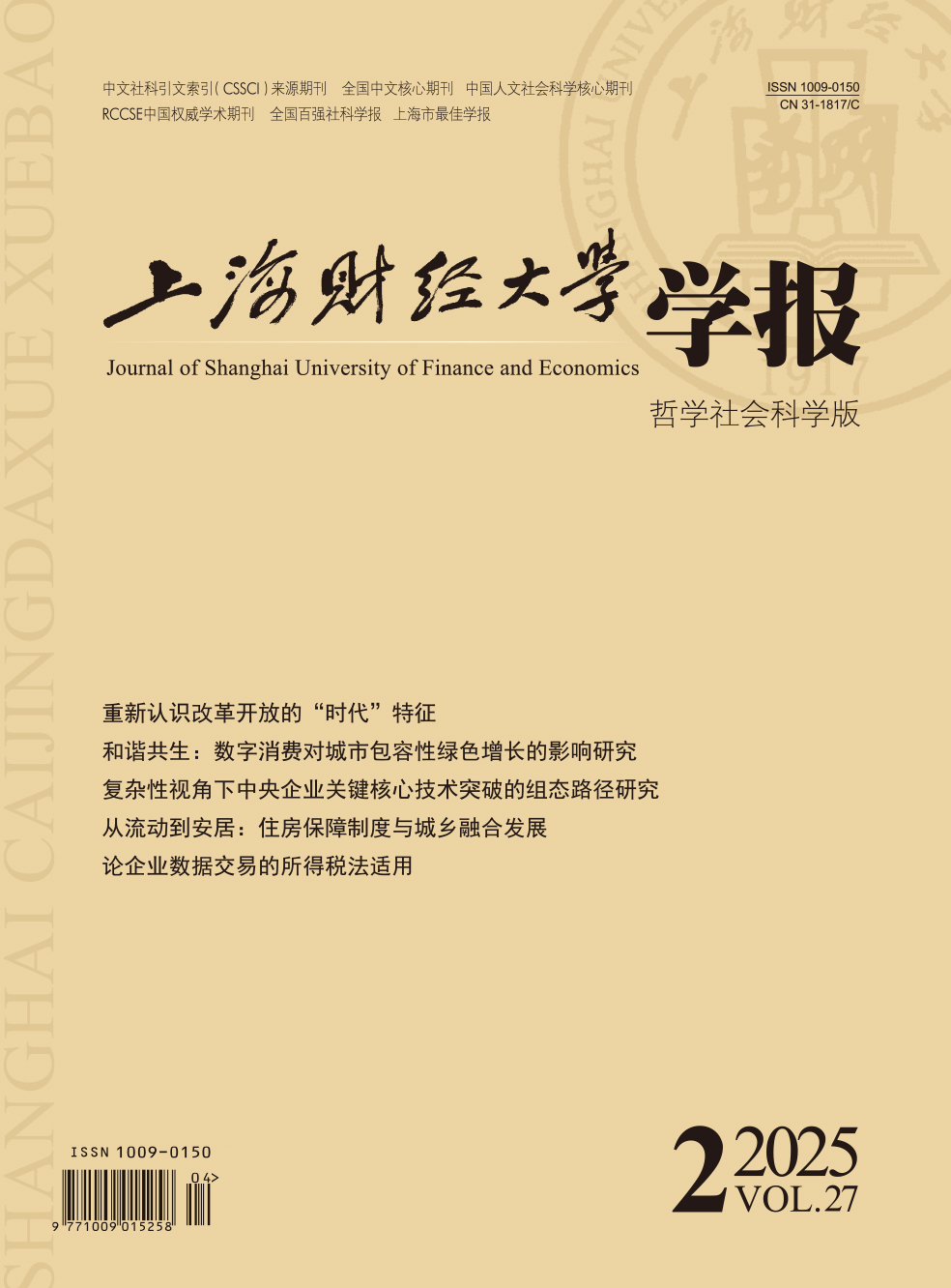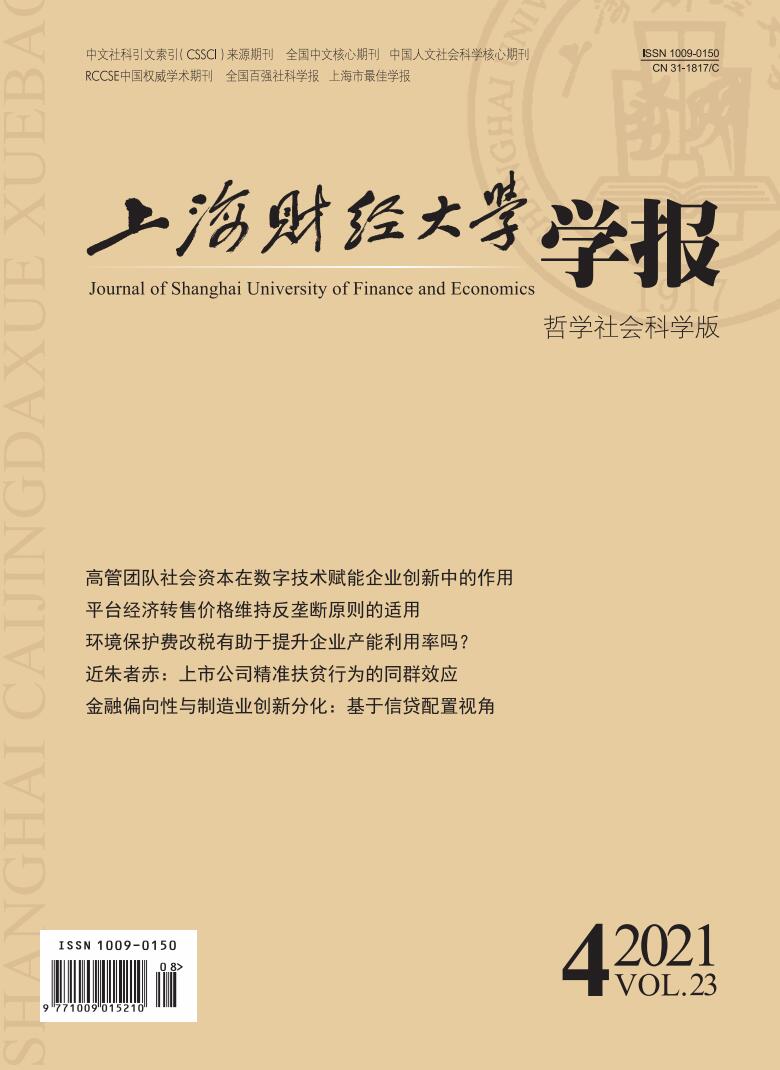Digital economy requires the establishment of an effective antitrust enforcement system to guarantee the high-quality enforcement of Anti-monopoly Law. In recent years, the resale price maintenance (RPM) has been a focal point in the judicial practice of antitrust enforcement in China. However, the proper application of anti-monopoly principles towards resale price maintenance (RPM) has been in great controversy. Based on analyzing the development of
In platform economy, resale price maintenance (RPM) has three new features, which are conducting resale price maintenance (RPM) by algorithm, mainly conducted on online platforms with the characteristic of two-sided market, influencing multiple subjects and markets in terms of its economic impact. The efficiency effects of resale price maintenance (RPM) are mainly reflected by overcoming the problem of “free riding” in distribution, achieving network effects, proving high quality, stimulating creativity, etc. The anti-competitive effects of resale price maintenance (RPM) are mainly reflected by facilitating price collusion, market foreclosure, and exploitative pricing. Therefore, it is appropriate to apply rule of reason in specific case review. In platform economy, the application of rule of reason in resale price maintenance (RPM) cases should focus on the analysis of its impact on non-price factors, strengthen algorithm investigation, and fully consider the unique features of platform economy, such as network effects, multi-homing, etc.
Despite the fact that the anti-monopoly authority conducts a prudent enforcement and some economic analysis, according to the Antimonopoly Law of China, the antimonopoly rule for resale price maintenance (RPM) cases is





 3394
3394  4851
4851

